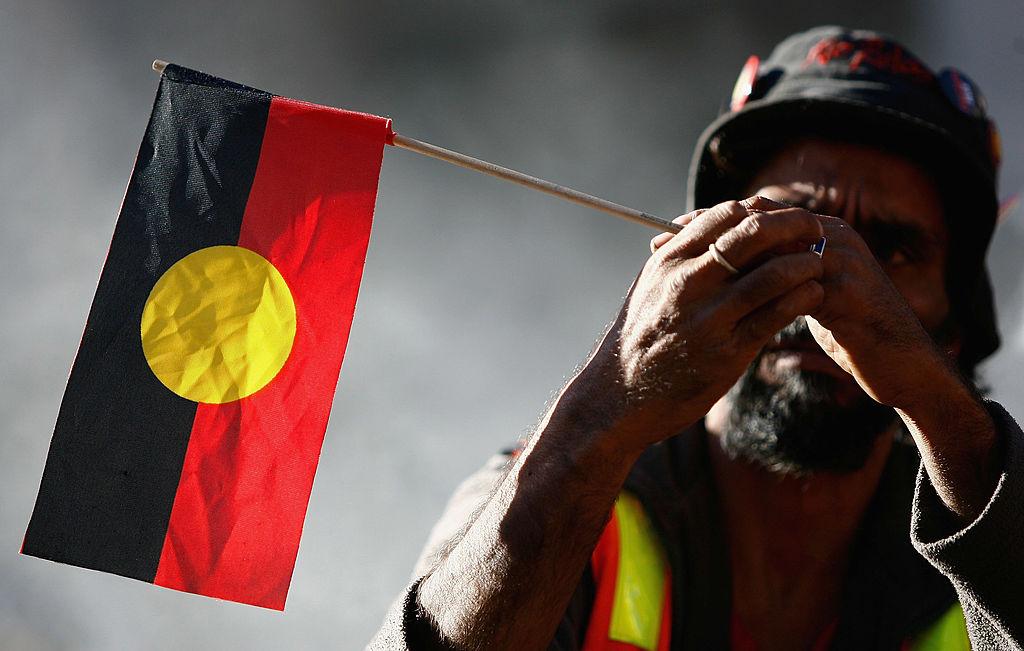Indigenous prisoners in the state of Victoria have enrolled to vote for the body that will negotiate treaties between the Victorian state government and First Nations groups.
This comes almost a year after Victoria became the foremost Australian jurisdiction to strike a deal with the First Nations Assembly that will provide a framework for First Nations groups in the state to negotiate an area of land with the state government.





